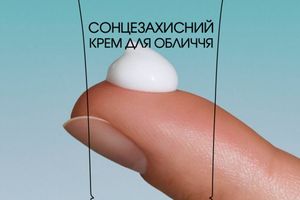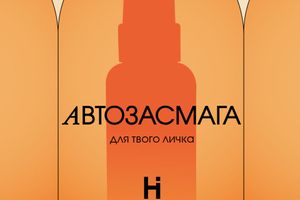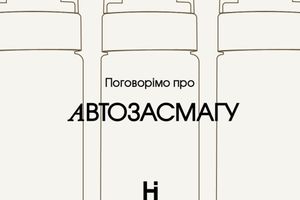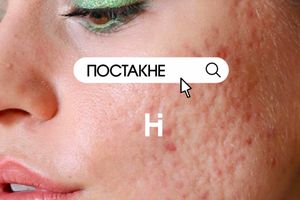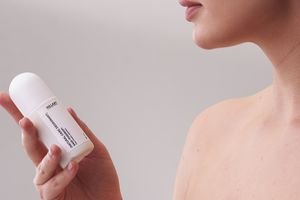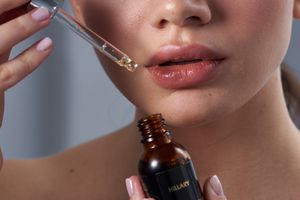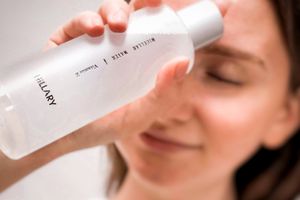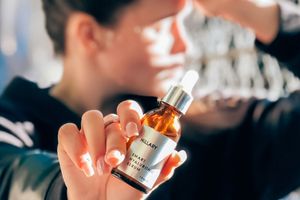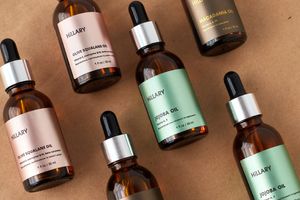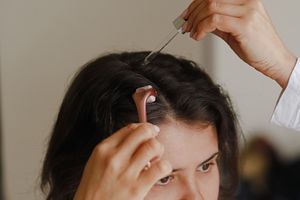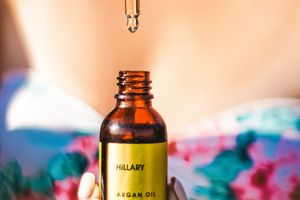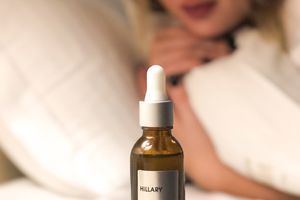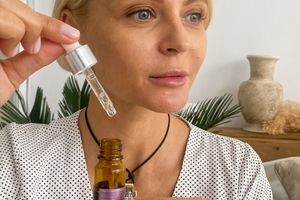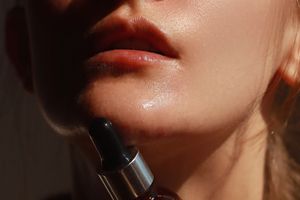Anyone who has had a rough week knows how this affects the appearance: puffy eyes, dark circles, the sudden appearance of "creases" and wrinkles on the face ... These are manifestations of stress aging. Daily nervous tension - too demanding work, lack of sleep and an unhealthy lifestyle can manifest itself in the form of age spots, acne and wrinkles, which instantly "age" the skin for 3-6 years!
The stress hormone cortisol increases blood sugar levels and, accordingly, promotes glycation - this is the interaction of glucose with proteins, DNA and cellular lipids, which causes damage to cells and tissues. Cortisol also inhibits the production of hyaluronic acid. Not surprisingly, with prolonged stress, the skin looks lethargic and loses moisture faster than usual. This, in turn, easily leads to peeling, uneven microrelief and an earthy complexion. In addition, melanocytes are activated, melanin synthesis increases, which means that the risk of age spots increases significantly.
By the way, the level of cortisol also depends on circadian rhythms. These are internal biological rhythms of the body with a period of about 24 hours. They prepare the body in advance, adjusting all physiological processes in accordance with daily changes in the surrounding world. Therefore, if your daily routine and sleep time are not regulated, then all of the above charms will overtake you, even if there is no stress.
Studies have shown that elevated cortisol levels suppress the immune system. At the same time, this hormone activates inflammation. It turns out a paradoxical situation - the level of protection is rapidly falling, and the inflammatory process is in full swing. Of course, this negatively affects the health of the skin and its ability to repair itself. The way is open for strangers.
In addition to cortisol, adrenaline is released during a stressful situation, activating the “fight or flight” response. Under its influence, peripheral vessels (they are just on the skin) narrow, the amount of oxygen and “sweets” reaching the skin is sharply reduced. Lymph movement slows down and toxins accumulate.
What to do with it?
Smile more often, even if you are in a bad mood, because the brain perceives this as a command to act and produces endorphins.
Be sure to sleep. With a lack of sleep, the body produces cortisol in large quantities.
Move - it improves blood circulation, removes toxins, improves mood.
Be sure to find time for quality rest, because it always reduces stress levels.
Embrace! Skin-to-skin contact triggers the release of the hormone oxytocin.
Having sex increases the level of endorphins and serotonin.
Do not be nervous over trifles! If you are worried about anything, find a way that works for you to translate your thoughts into a positive direction.
































































